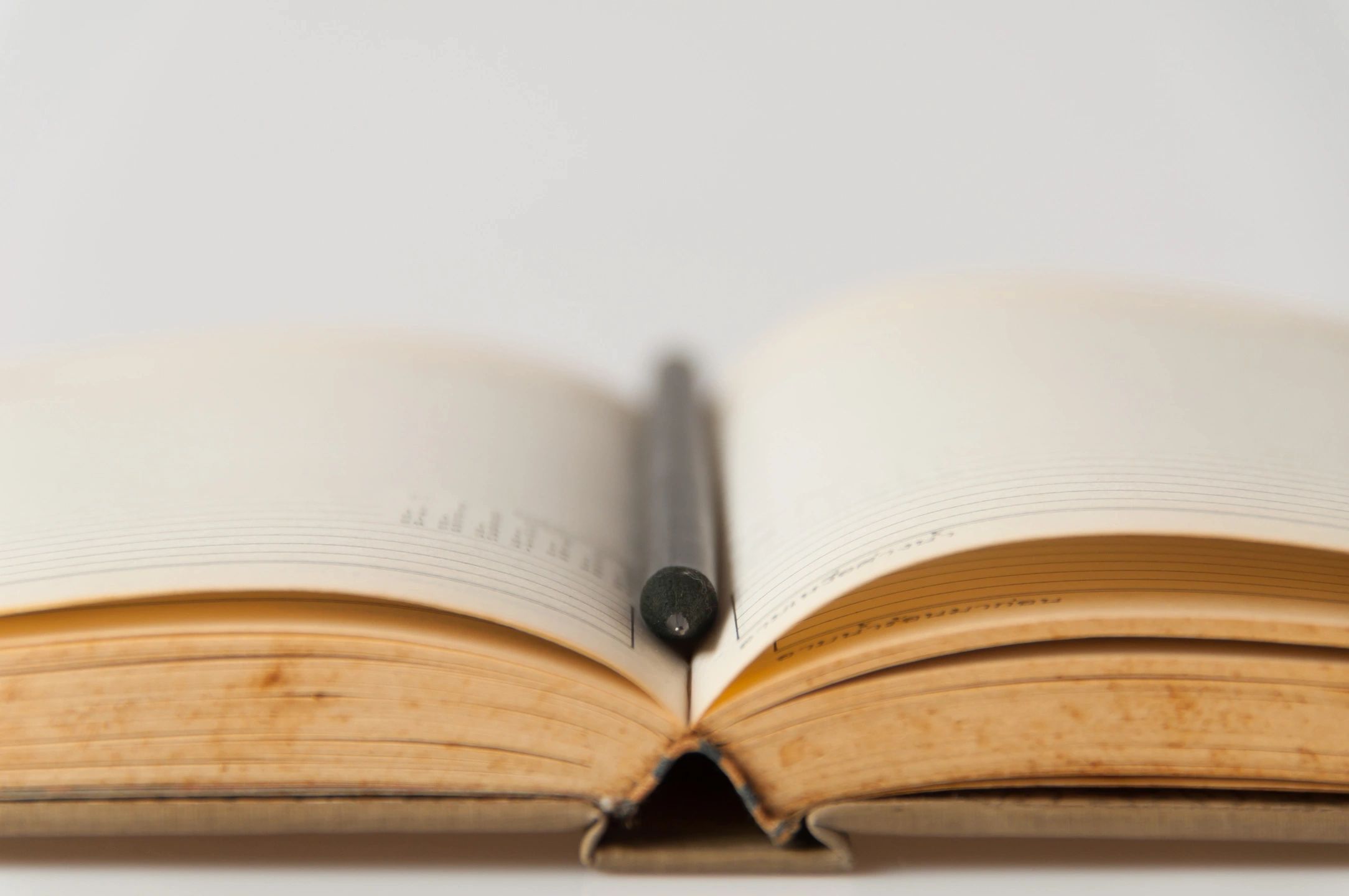A midlife mind is crowded. Our kids are getting older, and so are our parents. We have commitments, a body that’s gone rogue, and a few squashed dreams in our back pocket. Midlife is a full and vibrant season, but its complexities and demands can feel heavy—this is where the Morning Pages journaling ritual can help. The Morning Pages is a way to clear out the hidden corners of your mind and start the day feeling lighter.
Author Julia Cameron shared the Morning Pages ritual in her 1994 book The Artist’s Way. Since then, the practice has been passed on from person to person, like a secret family recipe. The ritual works for artists, writers, engineers, lawyers, farmers, homemakers, and hairdressers—it works for anyone trying to cut through the noise in their brain and connect with their guiding inner voice.
The practice is a bit like eavesdropping
Have you ever noticed how full your mind is when you first wake up? Your brain has been working hard through the night. As we sleep, our mind sifts through our problems, fears, conversations, and undone to-do items. The Morning Pages practice lets us hear our inner chatter, take the useful bits, and clear out the junk.
The practice is simple.
You roll out of bed, make a coffee, or pat your dog, and then get writing. It’s different from the type of writing where you think of what to say. The Morning Pages are more like dictation.
Your job is to sit there, with your hot drink and the morning birdsong or traffic hum, and capture the thoughts that pass through your mind. You don’t direct your thoughts or try to make sense of them. You notice what’s passing through your mind like you’re eavesdropping and write down what you hear. There’s no structure, and you don’t need punctuation—it’s stream-of-consciousness writing. Write like this across three blank pages, and you have some Morning Pages.
One thing to note about the Morning Pages is we’re talking about writing with old-school ink on physical paper. There’s something about a brain-to-pen connection that opens us up in an authentic way.
Can you resist the urge to censor?
When you first start the Morning Pages practice the words that land on your page might unsettle you. It doesn’t matter how together or mature you are by day; your internal dialogue can still be strange. Disjointed, whiny, judgy, jealous, angry, repetitious or dull words are normal; our subconscious is a wild and busy place.
A common reaction to incoherent, unhelpful, or uncomfortable thoughts is to deprive them of air time and shut them down. Your Morning Pages practice asks you to do something different.
For the ritual to be effective, you need to hear what’s in your head and write it down. It doesn’t matter if you don’t like what you hear or rationally disagree with it. It doesn’t matter if it’s embarrassing or awful. You still need to catch your thoughts and put them on your page. It helps to remember your pages aren’t for keeping or sharing; they are a private purge of inner chatter. You can always rip your Morning Pages up or set them alight once you’re done.
Your Morning Pages will love you back
The Morning Pages don’t just clear out the junk from your mind; they give you something back.
An exciting part of this journaling practice is the answers it brings. You might uncover the answers to yesterday’s questions or discover something you know but are afraid to admit. You might find the right words for an email, difficult conversation, or work presentation. Maybe you’ll discover a haiku or a memoir. All kinds of solutions and creative sparks bubble up in our minds; our Morning Pages let us catch them before they fade away as the day progresses.
Lighten the midlife load page-by-page
Midlife is a time of peak emotional and mental load; it can feel heavy. The Morning Pages can help us untangle the mess of responsibilities, to-do items, problems, hopes, and worries locked away in the cracks and creases of our minds. This simple daily practice of purging and discovery can lighten our midlife load, one page at a time.
A small warning before you start, though—the Morning Pages ritual doesn’t give us what we want to hear; it shows us what we already know.


Leave a Reply